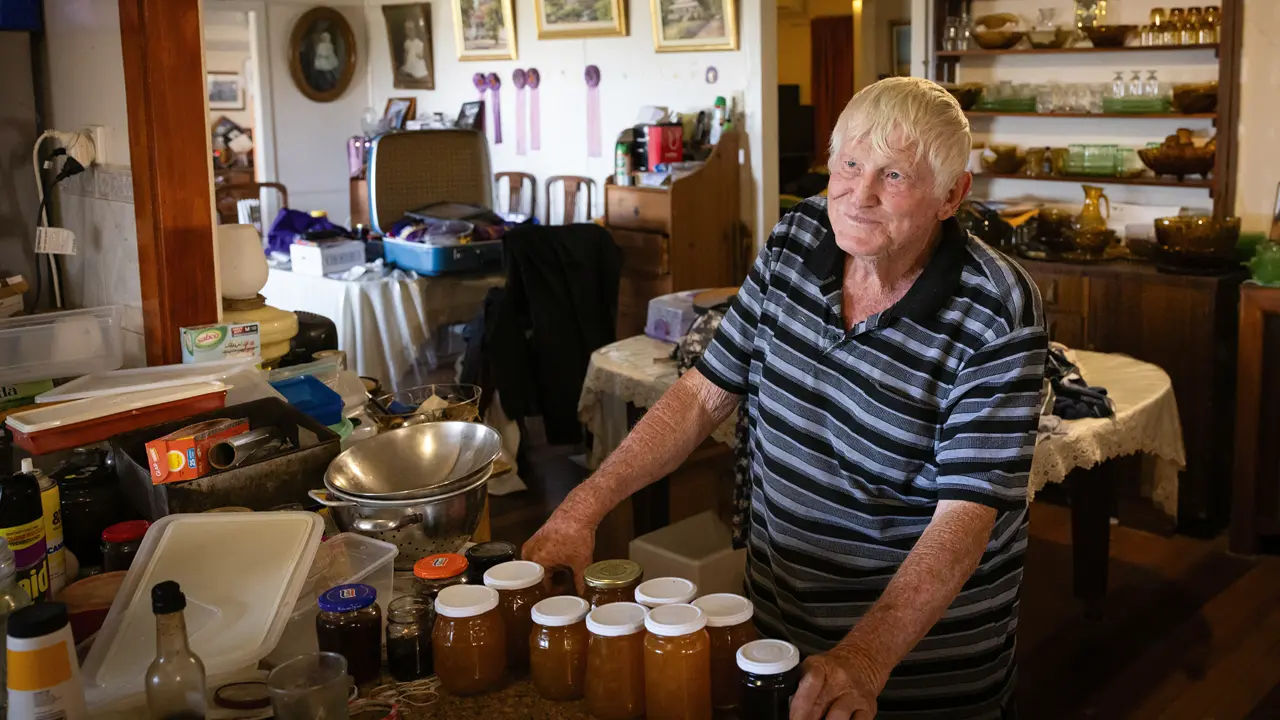Australia’s 50th Indigenous Protected Area agreement has conserved a unique area of Aboriginal land in the Northern Territory.
Story By Hannah Seward
The helicopter skims the surface of the mighty McArthur River as its passengers look down and follow the shimmering waterway, which snakes through vast areas of savanna, open forest and goes out towards the ocean. The mouth of the river yawns into the Gulf of Carpentaria, over vast, salty mudflats fringed with thick tangles of mangroves. Just beyond the river mouth lies a glimpse of the Sir Edward Pellew Group, a unique cluster of islands sitting in the warm tropical waters of the Gulf.
This is ancient Aboriginal land in the heart of the Gulf that is home to the Yanyuwa traditional owners and their families, people who have been caring for this land for centuries. Today is an important day. Community pride shines through as locals and guests gather to witness an official ceremony to celebrate the protection of 1300 square kilometres of this stunning country under the Yanyuwa Indigenous Protected Area (IPA).
An IPA is an area of Indigenous-owned land or sea under an agreement between traditional owners and the Australian Government to promote and preserve biodiversity and cultural resources. A total of 260,000 million sq km of land is now protected under IPA agreements across Australia, making an important contribution to cultural and biodiversity conservation, and forming almost 25 percent of Australia’s National Reserve System. The Yanyuwa IPA is the 50th in Australia, but only the second to officially incorporate a national park.
Situated at the end of the Carpentaria Highway, 1000 kilometres south-east of Darwin, the IPA's borders stretch from south of the township of Borroloola to the northern edge of the Sir Edward Pellew Group – unusually the islands sit directly at the mouth of a large tropical river system.
The aim of the IPA process is to create opportunities for Indigenous communities to maintain their cultural values while providing health, social, educational and economic benefits. The Yanyuwa want to see their people continue to live, hunt, work and travel on their country, keeping their culture and clan relationships strong. Traditional owners want visitors to enjoy their stay, but also to respect and learn more about their land and culture.
This story excerpt is from Issue #84
Outback Magazine: Aug/Sep 2012








